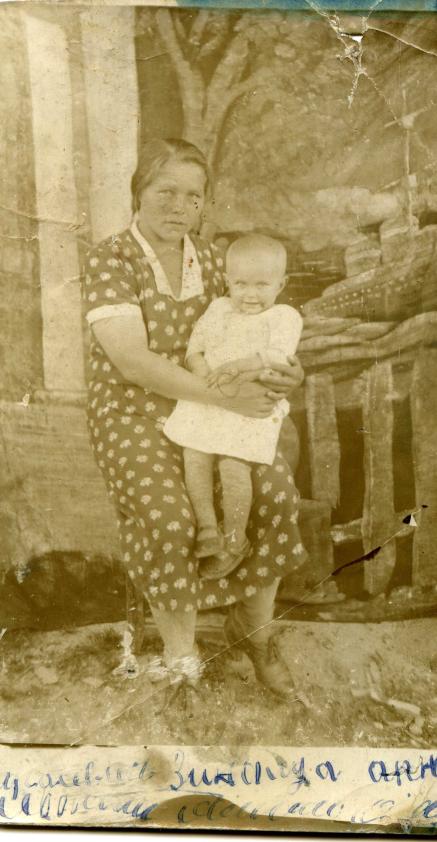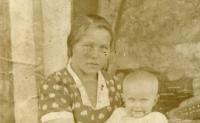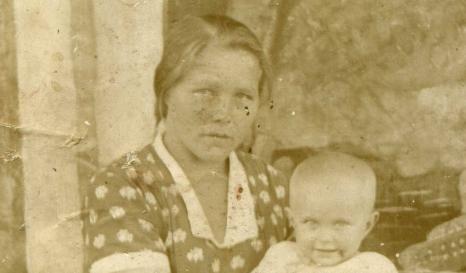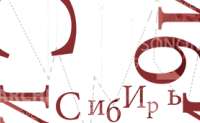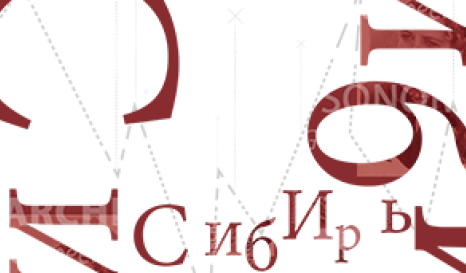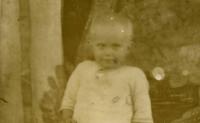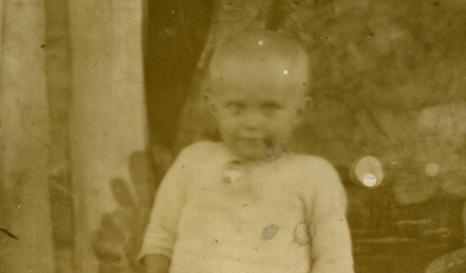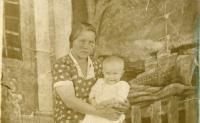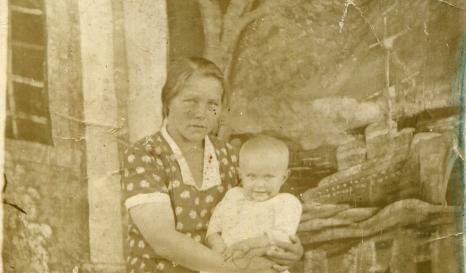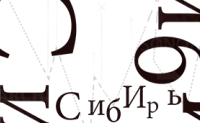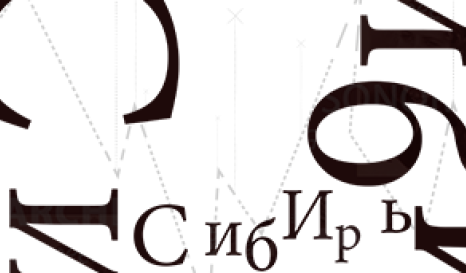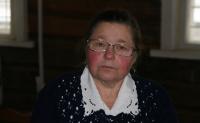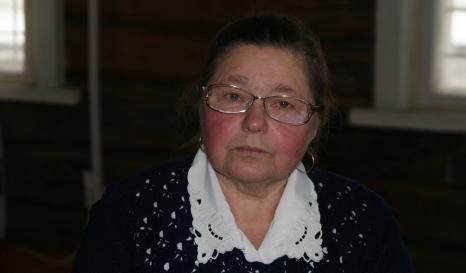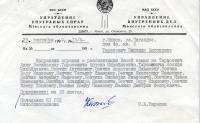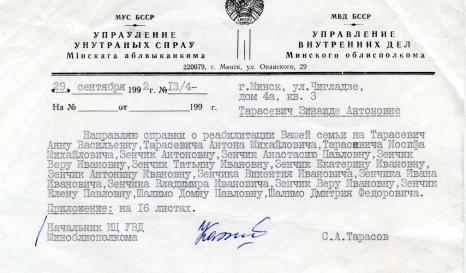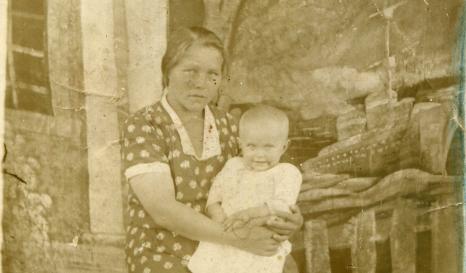BioGraphy
Zinaida TARASEVICH
Zinaida Tarasevich was born in 1937 to a deportee family in Okhtoma, Arkhangelsk oblast. Her mother had been deported with her family in 1930, before she was even 20, because they were seen as “kulaks”. After spending one night in prison in Volgograd and a long and tiring journey by train and boat, they were placed on the Okhtoma forestry plantation. Zinaida’s mother tried unsuccessfully to escape twice. Then she met Zinaida’s father, Anton Tarasevich, who had also been deported from Belarus in 1930. Of life in a deportee settlement, Zinaida remembers mainly the hunger, cold and hard living conditions.
In 1942, her father was sent to the front in Leningrad. Wounded several times, he managed in 1944 to be repatriated to Belarus and applied for his wife and daughter to be allowed to join him. Zinaida’s mother obtained a travel permit and after a long journey they arrived in Minsk in 1945.
There Zinaida went to school and worked hard. She became a youth pioneer, then a komsomol and was accepted at a mathematics institute. After working as a teacher she became a programmer.
Zinaida and her mother often talked about their experience in the deportee settlement. Her mother, deeply marked by her sixteen and a half years there, told her in detail about the family’s story. But the story had to stay secret: Zinaida’s mother was so frightened of being deported again that she told Zinaida not to talk about it to anyone. So for many years, she did not tell anyone why she was born in Okhtoma, not even her husband. Only later would her children and then her grandchildren hear the family’s story.
At the time of the interview; Zinaida Tirasevich was still living in Minsk. She belonged to the Belarusian association of victims of political repression.
Zinaida Tirasevich was interviewed in 2009 by Alain Blum.


